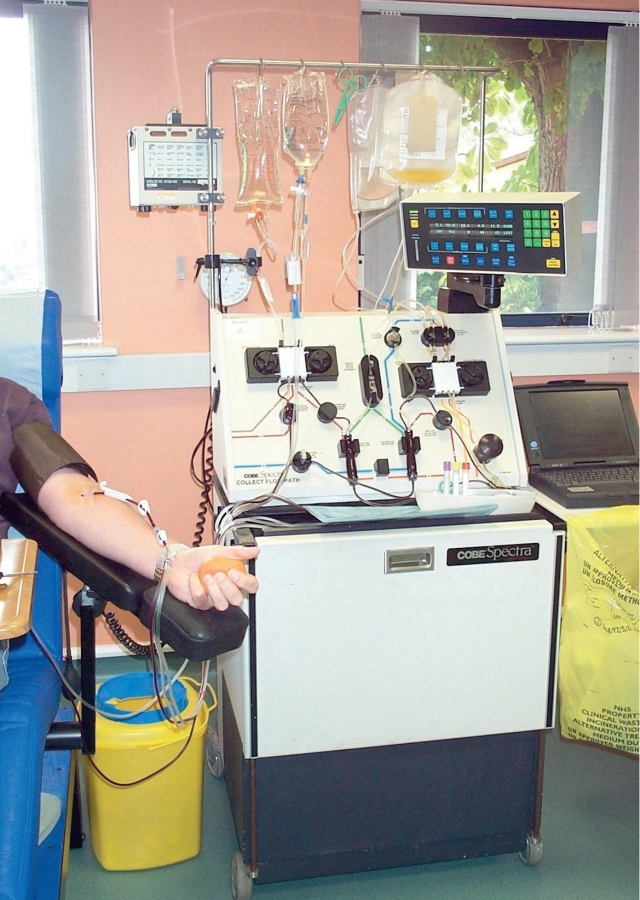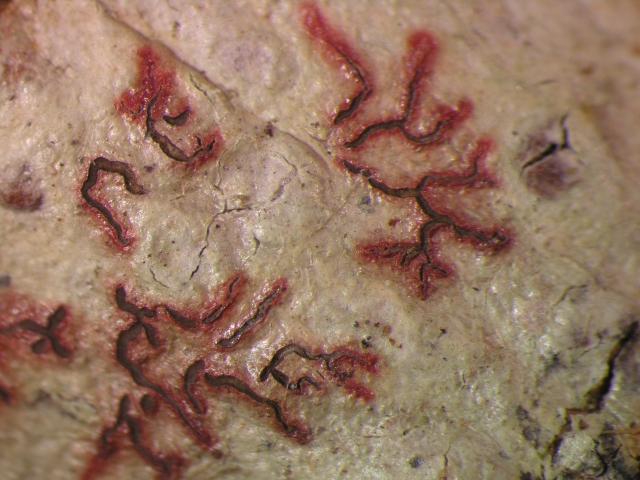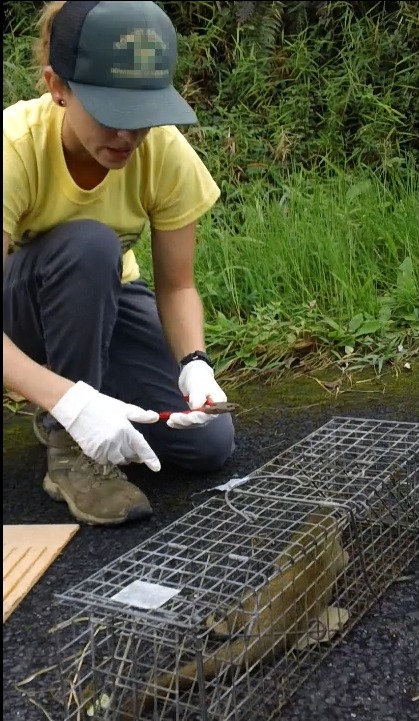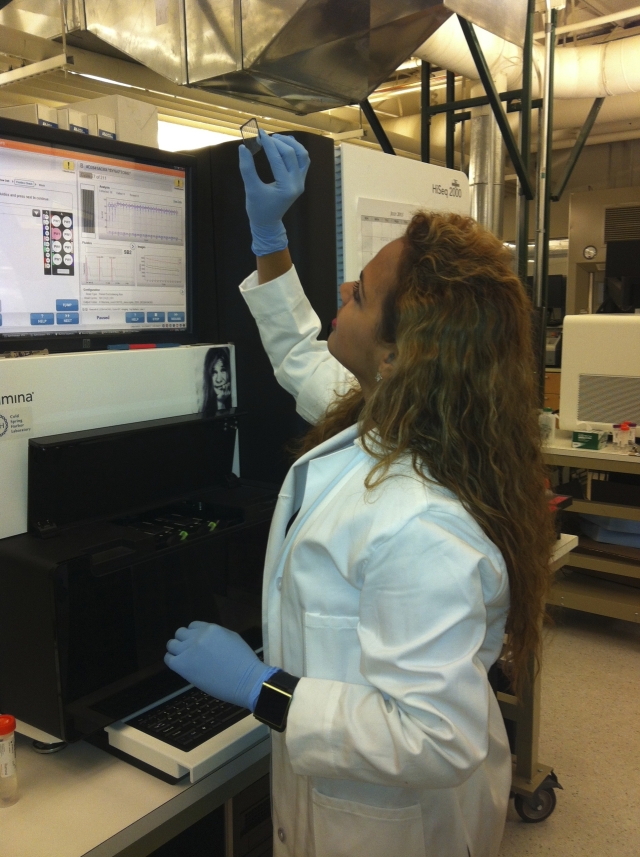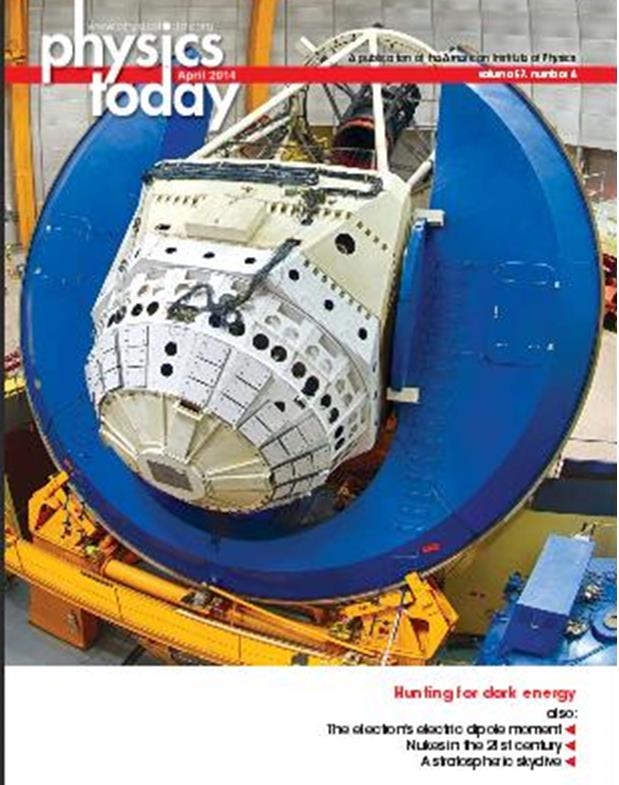FDA Warns About Stem Cell Claims
Stem cell therapies offer the potential to treat diseases or conditions for which few treatments exist.
Stem cells, sometimes called the body’s “master cells,” are the precursor cells that develop into blood, brain, bones and all of your organs. Their promise in medical treatments is that they have the potential to repair, restore, replace and regenerate cells that could then be used to treat many medical conditions and diseases.


